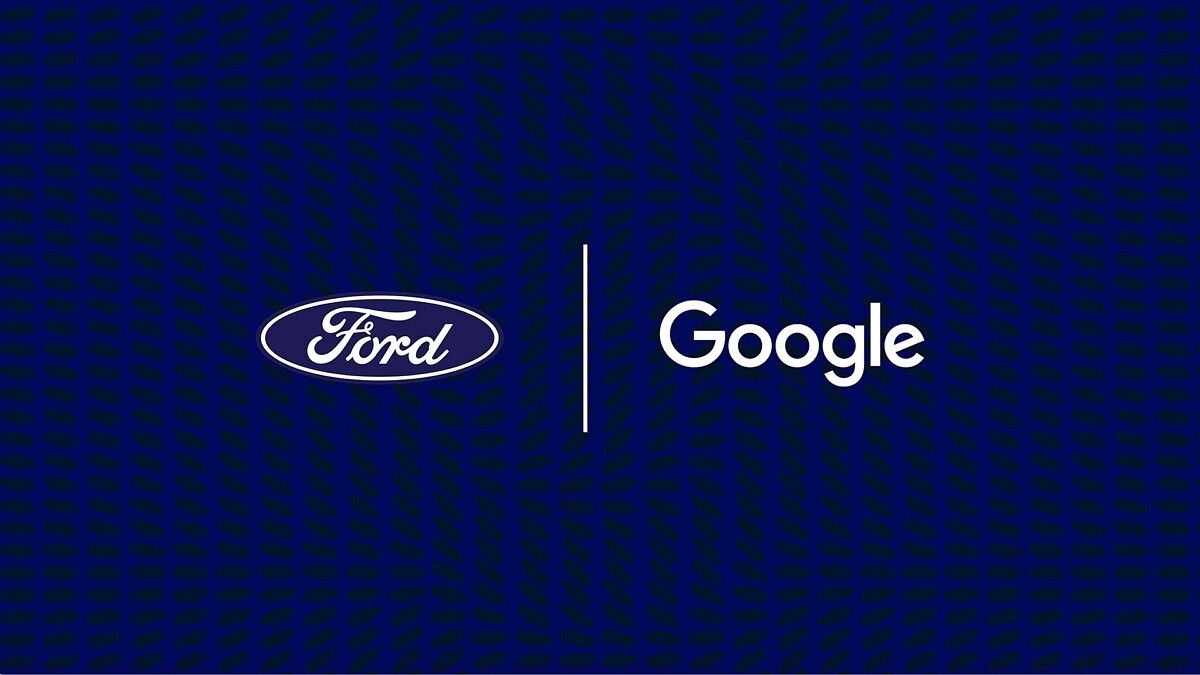Ford on Monday announced a partnership with Google that will see the automaker use Android Automotive to power the infotainment systems in its vehicles beginning in 2023. The automaker also revealed it will utilize Google’s cloud services for things like data, artificial intelligence, and machine learning.
The new integration means Ford and Lincoln vehicles will provide drivers with easy access to Google Assistant, Maps, and other apps and services, including from third parties. You won’t need an Android phone to access these services, because Android Automotive will power the entire experience. This system will be compatible with CarPlay, so don’t fret if you own an iPhone. It will also continue to support Amazon’s Alexa.
“At Ford, we are obsessed with giving our vehicles distinctive personalities. That includes exciting designs you can’t miss, but also unique in-vehicle experiences that make each trip more enjoyable, and better than the last one,” Ford said in a blog post. “It means that whether our customers are hard at work, braving the great outdoors or looking for peace of mind on the road, we’re building a future tailored specifically for their needs.”
With Android and cloud services powering its cars, Ford will be able to send customers messages about maintenance requests and even trade-in alerts. (Hopefully, you can turn trade-in alerts off.) Ford also said Google’s technology will allow the automaker to improve customer experiences by deploying innovative and personalized services, but didn’t get into specifics.
As part of the Android Automotive partnership, Ford and Google are also forming a collaborative group called Team Upshift.
“We’re going to leverage the talent and assets of both companies to push the boundaries of Ford’s transformation, unlock personalized consumer experiences, and drive disruptive, data-driven opportunities,” Ford said. “This may include projects ranging from modernizing our plants through vision AI, developing new retail experiences when buying a vehicle, creating new ownership offers based on connected vehicle data, and more.”
Google has partnered with other automakers to use its software to power in-vehicle infotainment services. It's worth noting that Android Automotive isn’t Android Auto; the latter of which isn’t a full operating system. Think of this as automakers putting their own skin over Android. Drivers will now just have much easier access to services they’re familiar with.
“You’re going to like what you see,” Ford said. “And we’re confident you don’t want to live without it.”

